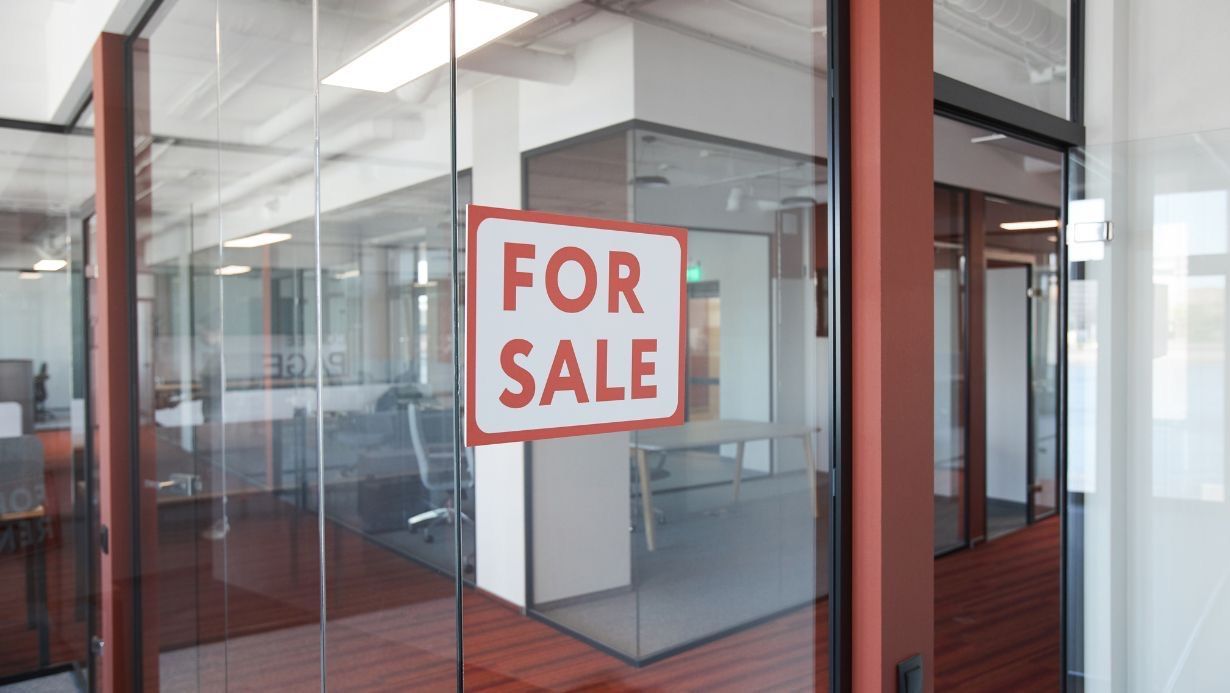10 Tips for Commercial Property Owners/Managers

Purchasing and owning a commercial property can be a lucrative investment. However, managing a commercial property comes with many responsibilities.
10 Tips to Maximize Your Earnings, Minimize Risks, and Save Yourself a Ton of Headaches
Understand the needs of potential tenants:
When marketing your commercial property, include a list of requirements to clarify rental criteria and save yourself and potential tenants time. Run a thorough background check and litigation search on potential tenants and meet with them in person when possible.
Communicate With Your Tenants:
Communication is key to any relationship – including the property manager/tenant relationship. If you want to build a relationship with and retain better tenants, keep in touch with them. Let them know if you're doing any maintenance, encourage them to let you know if they notice any potential issues, and check in with them regularly to ensure everything is good.
Be Familiar and Up-to-Date With Relevant Laws:
You must understand and keep up-to-date with
local zoning laws, ADA compliance, tenant rights etc., or risk lawsuits, fines, etc.
Organize and Manage Documentation and Records:
Experts recommend that property managers keep the following records:
- Tenant Files – rental applications, security deposit records, notices for rent increases, etc.
- Owner Files – owner-management agreements, management fee payment records, emails, correspondence, etc.
- Property Maintenance and Management-Related Files – work orders, insurance policies, vendor invoices and receipts, etc.
- Financial records – bank statements, copies of checks, tax statements, etc.
Draft a Comprehensive Commercial Lease Agreement:
Protect yourself and avoid misunderstandings in the future by drafting a comprehensive commercial lease agreement, going over the agreement with the tenant, and having them sign the agreement. The lease agreement should include the identities of all parties in the lease, a description of the property, limitations on the use of a property, the term of tenancy, rental payments, security deposit, remodeling conditions, maintenance duties, etc.
Conduct Routine Maintenance:
Regular maintenance includes changing the HVAC air filters, testing fire alarms, maintaining the landscaping, etc. Properly maintaining your commercial property helps attract and retain better tenants, get higher rent, preserve and increase your property's value, minimize the risk of litigation, prevent more costly repairs, and adhere to tenant laws, guidelines, and regulations.
Do Regular Inspections:
Schedule regular (monthly or quarterly) inspections to ensure the tenant isn't abusing your property, keep the property up-to-date and looking good, minimize the risk of litigation, and catch needed minor repairs before they become expensive.
Have a List of Preferred Vendors:
Having a list of preferred vendors – plumbers, electricians, etc. – will help when an emergency arises and can help when you're ready to sell the property.
Invest in Building Security:
Security measures, such as secure window and door locks, cameras, automatic lighting, alarm equipment, etc., help protect your investment and may even lower your insurance costs.
Consider Hiring a Property Manager:
Managing a property takes a lot of time. A
property manager can make your life much easier. A property manager oversees a rental property's administrative, maintenance, and managerial tasks. Typical property manager responsibilities include advertising the rental, screening tenants, collecting rent, handling maintenance and repairs, and responding to tenant complaints and evictions. The average cost of a property manager is between 5 and 20% of the property's monthly rental income.
Ready to Buy a Commercial Property?
Are you ready to purchase a commercial property and start reaping the financial rewards? Pete Heim has all the experience you need to find the right property for your needs at the right price.
Call Pete today at
610-745-3378
or
610-898-1441, or
connect with him online.




